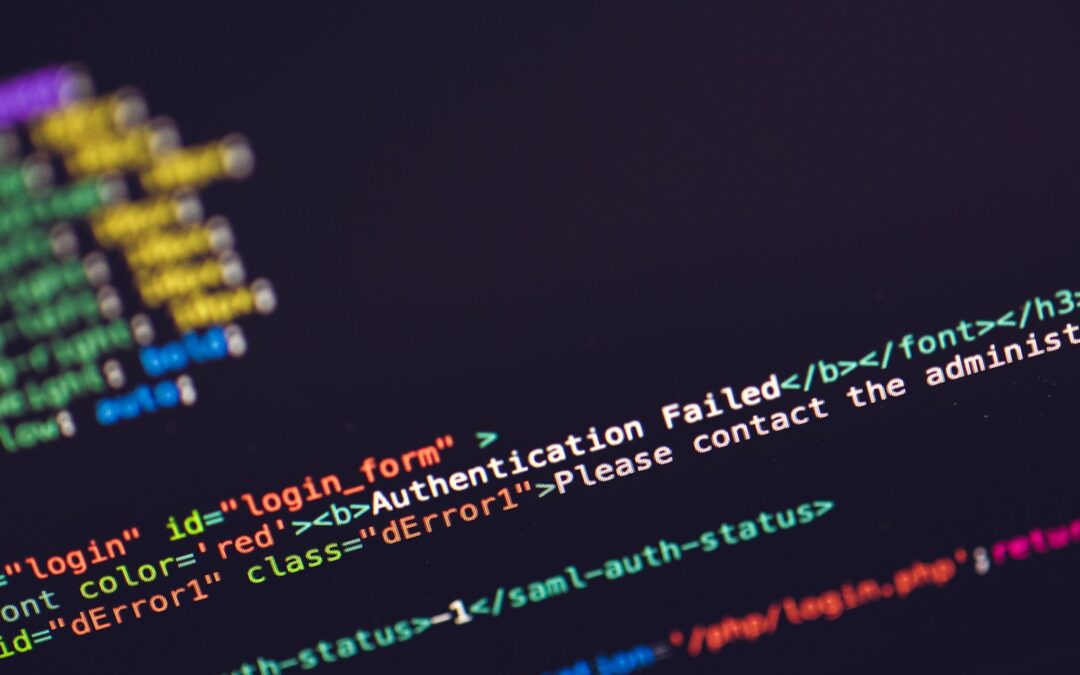Ensuring Secure User Access with Robust Authentication Strategies
The Importance of Strong Authentication Mechanisms
Implementing strong authentication mechanisms is crucial for ensuring secure user access, particularly in Swiss cities like Zurich and Geneva, where technology and data security are integral to business operations. As businesses increasingly rely on digital platforms, the need for robust authentication has never been greater. Strong authentication mechanisms help protect sensitive information, prevent unauthorized access, and ensure that users are who they claim to be. For companies in Switzerland, known for their high standards in security and privacy, implementing these mechanisms is not just a technical requirement but a vital part of maintaining customer trust and business success.
Strong authentication mechanisms typically involve multi-factor authentication (MFA), which combines something the user knows (like a password), something the user has (like a mobile device), and something the user is (like a fingerprint or facial recognition). This layered approach significantly reduces the risk of unauthorized access, making it much more difficult for attackers to compromise accounts. In Swiss industries such as finance and healthcare, where data sensitivity is paramount, MFA and other advanced authentication methods are essential in meeting regulatory requirements and protecting critical assets.
Implementing Best Practices for Strong Authentication
To effectively implement strong authentication mechanisms, businesses should follow best practices that prioritize security without compromising user experience. One key practice is to adopt multi-factor authentication as a standard across all access points. For Swiss companies, this means ensuring that all employees, partners, and customers use MFA when accessing systems, applications, and data. By enforcing MFA, businesses can significantly reduce the likelihood of unauthorized access and enhance overall security posture. Additionally, using passwordless authentication methods, such as biometric verification or hardware tokens, can further improve security and user convenience.
Another critical aspect of strong authentication is the regular review and update of authentication protocols. As cyber threats evolve, so too must the mechanisms that protect user access. For Swiss businesses, where regulatory compliance and data protection are closely monitored, staying ahead of security trends is essential. Regular audits, security assessments, and penetration testing can help identify weaknesses in existing authentication systems and provide insights into necessary improvements. Furthermore, leveraging AI-powered analytics can help predict potential security risks, allowing businesses to proactively address vulnerabilities before they can be exploited.
Leadership and Change Management in Authentication Implementation
Implementing strong authentication mechanisms requires not only technical changes but also a shift in organizational mindset, driven by leadership and effective change management. In Switzerland, where business leaders are often at the forefront of driving technological adoption, executives must prioritize security as a core business objective. Leadership should set the tone by advocating for strong authentication measures and allocating the necessary resources to support these initiatives. Executive coaching services can be instrumental in guiding leaders through the complexities of security implementation, helping them to effectively communicate the importance of robust authentication to their teams.
Change management plays a crucial role in the successful adoption of new authentication mechanisms. This includes educating employees about the benefits of strong authentication, addressing potential resistance, and ensuring that new processes are integrated smoothly into existing workflows. Regular training sessions and clear communication can help demystify authentication technologies, making them more accessible and less daunting for users. For Swiss businesses, where the human element is often as important as the technological one, fostering a culture of security awareness and proactive engagement is key to sustaining long-term success.
In conclusion, implementing strong authentication mechanisms is essential for ensuring secure user access in today’s digital landscape. For businesses in Swiss cities, this means adopting a multi-faceted approach that includes advanced technologies like AI and Blockchain, supported by strong leadership and effective change management. By prioritizing authentication as a critical component of their security strategy, Swiss companies can protect their digital assets, build trust with their clients, and continue to lead in the ever-evolving world of modern technology.
#StrongAuthentication, #SecureUserAccess, #SwissTechnology, #AIBusinessSolutions, #BlockchainSecurity, #ExecutiveCoaching, #ChangeManagement, #BusinessSuccessSwitzerland

